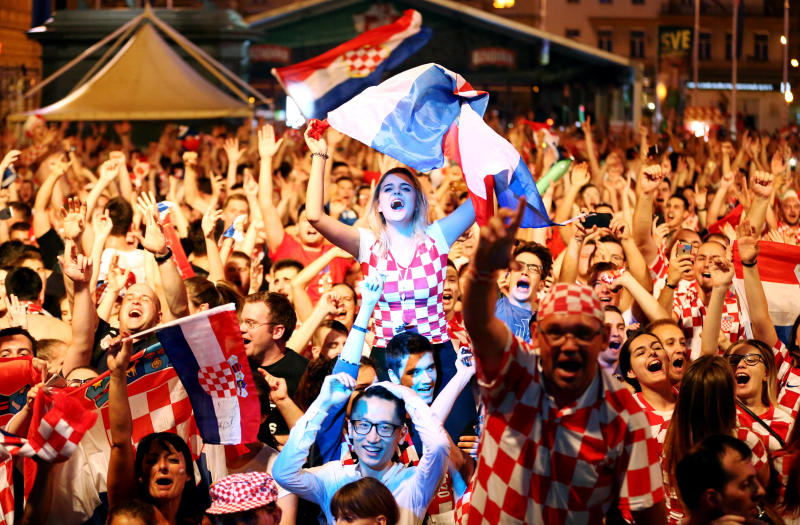×
The Standard e-Paper
Home To Bold Columnists

As we approach the finale of this year’s World Cup, we can look back on an exhilarating month of football. We have had excitement and action, thrills and spills, cheers and tears.
We are of course a little disappointed by the performance of African teams – with no African team qualifying for the knockout stages for the first time since 1982 – but we have been encapsulated by wonders of the beautiful game.